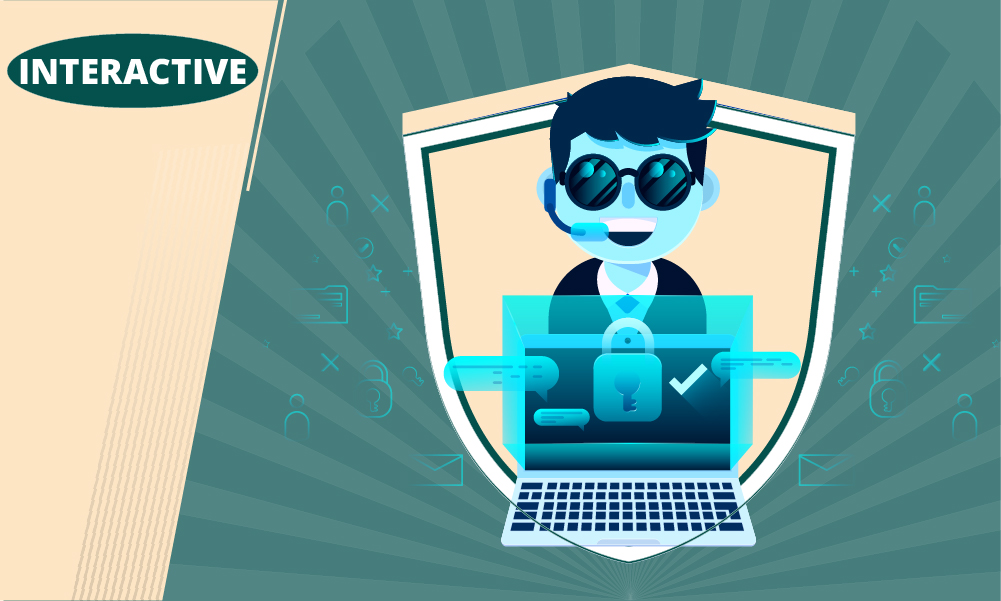Course Introduction:-
The course aims to provide an extensive and career-oriented course on Cyber Crime. The course in terms of importance, versatility and practicality incorporates almost all-important doctrines and concepts of Cyber Crime Law, including the conventions, conference and treaties of United Nation as well as the legislative and statutory framework of Cyber Crime Law in India, America, China, and other countries, in most detailed and systematic manner for providing a crystal-clear knowledge to the aspirants about Cyber Crime Law. The prime concern of the “LedX” and educationalists is to offer a cutting-edge course on Indian and International Cyber Crime Law specially designed for legal and non-legal aspirants.
Course Objectives:-
- To provide an extensive career-oriented course for achieving proficiency in Cyber Crime Law.
- To discuss the most relevant and important provisions of Indian laws and international Conventions, Treaties and instruments of Cyber Crime.
- To understand types, modes, forensic tools and characteristics of cybercrime.
- To discuss the bone of contention in the field of Cyber Crime in Indian legal system.
- To discuss the role of Indian and International cybercrime investigation agencies, techniques and adjudication process.
Who Should attend this course:-
The course shall be extremely useful for the aspirants of different competitive exams, students of B.A.LLB, B.B.A.LL.B, LL.B, LL.M., and professionals including practicing advocates
Learning Outcomes:-
- To achieve a fair and sound understanding of the concepts of the Cyber Crime Law.
- To demonstrate good comprehension of cybercrime in areas of aspirant’s interest or professional field.
- To apply basic research methods, data analysis, and interpretation in the field of cybercrime law.
- To identify the bone of contentions of cybercrime investigation techniques, evaluate problem-solving strategies, and develop science-based solutions.
- To evaluate, integrate, and apply provisions and doctrine of Cyber Crime to create a cohesive and persuasive argument, and to propose an effective design concept on Cyber Crime.
Doubt Clearing Session:-
On Demand
Certification & Verification:-
The successful learners will receive a subject expert signed Certificate with the branding of LedX to increase their job prospects.
Primary Takeaways:-
U.N.I.C.I.T.R.A.L. Model law on E-commerce, Minimum contacts and Sliding Scale theory, IT Act,2000, Cybercrimes and conventional crime, A.T.M. system hacked, U.I.D.A.I. Aadhaar Software hacked, Digital Forgery, Cyber Stalking, Identity Theft and Fraud, Cyber Terrorism, Cyber Defamation, web jacking, a cybercrime investigation, forensic tools, etc.
Other Suggested Course:-
Artificial Intelligence and Law, Cyber Law and Security
Assessment:
The assessment aims to offer a comprehensive understanding of the subject matter. Therefore, it incorporates questions that transcend the information provided in the course. This methodology cultivates students’ aptitude for autonomous research, enabling them to exhibit expertise in the domain while accomplishing the assessment.
Validity Of Course :-
Courses are valid for 45 days from the date of purchase.
Course Features
- Lectures 59
- Quizzes 4
- Duration 7 Hours
- Skill level All levels
- Language English
- Students 121
- Certificate Yes
- Assessments Self
-
Unit-1: The Concept of Cyber World, Different Kinds of Cyber Crime
- Introduction
- What is a crime?
- What are ‘cyber’ and ‘cyber world’?
- What is cybercrime?
- Type and reasons of cybercrime
- Importance of evidence
- Crime against Person
- Cybercrime against property
- Cybercrime against society
- Cybercrime against organisation
- Conventional crime and cybercrime
- Difference between cybercrime and conventional crime
- Landmark judgment of cybercrime (I)
- Landmark judgment of cybercrime (II)
- Section 43 & Section 66 of IT Act
- Case laws
- Overview of different kinds of cybercrime
- Cyber Pornography
- Cyber Pornography: Effects, remedy, and regulation
- Dark web
- Landmark judgment on cybercrime
- Cyber defamation
- Landmark judgment on cyber defamation
- Case laws
- Medical identity theft
- Case laws on identity theft
- ATM system hack
- Salami attack
- UIDAI Aadhaar software hack
- Culpability of cybercrime
- Cyber terrorism
- Cyber Crime- Unit 1
-
Unit-2: Cybercrime: Jurisdiction, Issues and Cyber Crime Theories
- Introduction
- Meaning and Need of Jurisdiction
- Ubi jus ibi remedium
- Jurisdiction under C.P.C and Cr.P.C.
- Information about Conventions
- International Law
- Issue of Jurisdiction
- Rules of Enforcement (Sec. 75 IT Act)
- Territorial Principle
- Landmark Judgement (S.S. Lotus)
- Nationality Principle
- ICJ Case Law
- Passive Personality Principle
- Protective Principle
- Universality Principle
- Introduction of three rules of jurisdiction
- Minimum Contact Theory
- Landmark Judgement (I)
- Landmark Judgement (II)
- Effect Test
- Sliding Scale or Zippo Test (I)
- Sliding Scale of Zippo Test (II)
- Jurisdiction under IT Act, 2000
- Cyber Crime- Unit 2
-
Unit-3: Cyber Crime investigation and procedure
-
Unit-4: Cybercrime Prevention




